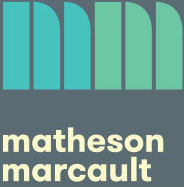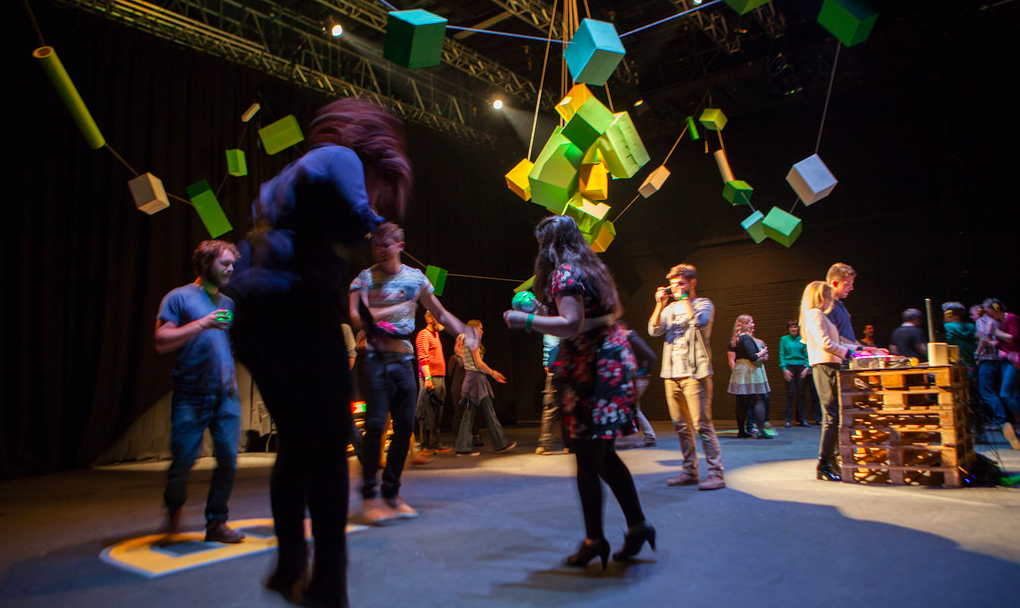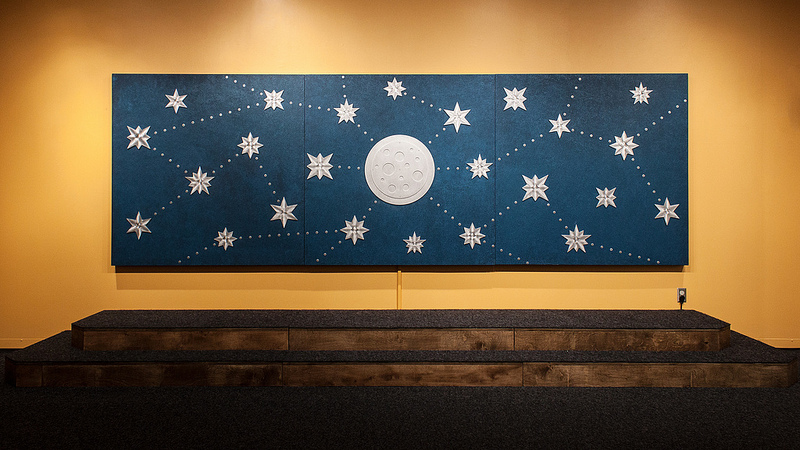As part of our research project for the King’s College London Arts and Humanities Festival, we’ve been interviewing different curators, designers, artists and architects about playful work for public space. This interview is with Hilary O’Shaughnessy, a curator, producer and game designer. She’s made her own games for events, created Prototype Festival in Dublin, and is currently working as a producer for Playable City at the Pervasive Media Studio in Bristol.
The image above shows her game Charge, made with Nicholas Ward, running at Prototype Festival.
This is an extract from a larger interview that we’ll include in the report at the end of the research project. We started out by asking Hilary about her own work creating games for covert groups of players.
US: Your own practice seems to me to be very secretive in its execution. With a lot of your games, you get a group of people, you tell them what to do, then you send them out into public and they have this communal experience played out among oblivious members of the public.
HILARY: I hadn’t thought about that before but I suppose I like subverting what people are looking at, and that’s a way to do it, a way to get them to rethink what they see.
US: People are kept from playing in public sometimes by feeling self-conscious – do you feel like the secrecy helps with that? How do you deal with people – well, not wanting to look silly?
HILARY: That’s an ongoing conversation, really! I’ve disagreed with people like Tassos who’ve said that it’s better to be secret all the time, and I’ve said “no, you don’t have to be!”
I suppose I’m interested in people finding that line for themselves. There’s nothing worse than being forced into a mode in public and I don’t think we are one type of person’ I think we’re one type of player on any particular day. Sometimes I want to be loud, and sometimes I’m not in the mood to be that loud player. It changes all the time so I’m interested in the middle ground. Allowing people to figure out that middle ground themselves. Hopefully if you give a little bit of confusion with that people will actively figure it out.



